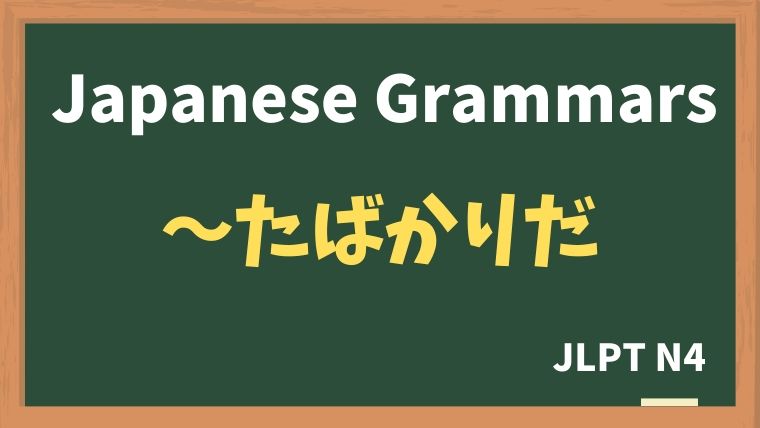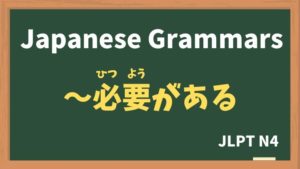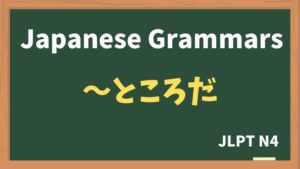
Explanation:〜たばかりだ
fa-check-circleMeaning
Used in Japanese to indicate that an action has just been completed recently. It emphasizes the recency of the event, suggesting that not much time has passed since it occurred.
fa-check-circleForm
V(ta form) + ばかりだ
fa-check-circlePoints
- Indicates Recent Action: "〜たばかりだ" is used to show that an action has just been completed or something just happened.
- Subjective Recency: The sense of "recently" can vary depending on the context. It could mean a few moments ago, days, or even longer depending on the speaker’s perception.
- Common in Casual Speech: This expression is frequently used in everyday conversation to explain actions that have just occurred.
fa-check-circleJLPT Level
N4
Sample sentenes
私は 日本に 来た ばかりなので、何も わかりません。
I've just come to Japan, so I don't understand anything yet.
この くつは 先週買った ばかりなので、まだきれいです。
These shoes are still clean because I just bought them last week.
さっき ごはんを 食べたばかりなのに もうお腹が すきました。
Even though I just ate dinner earlier, I'm already hungry again.
まだ 日本語を 習い始めたばかりなので 全然 話せません。
I've just started learning Japanese, so I can't speak at all.
昨日 覚えたばかりの 単語を もう忘れてしまった。
I already forgot the vocabulary words I just learned yesterday.
これは 昨日 買ったばかりの スマホです。
This is the smartphone I just bought yesterday.
Vocabulary
| Japanese | English |
| おぼえる | to memorize |
| たんご | vocabulary |
| スマホ | smart phone |
Comparison:"〜たばかりだ" vs. "〜たところだ"
Both expressions indicate that something has just happened, but "〜たところだ" tends to be used for even more immediate actions, like "just now" or "a moment ago."
Example:
かれは かえったばかりだ。 (He just went home.) — This suggests it was recent, but some time has passed.
かれは かえったところだ。 (He just went home.) — This implies it literally just happened a few moments ago.






